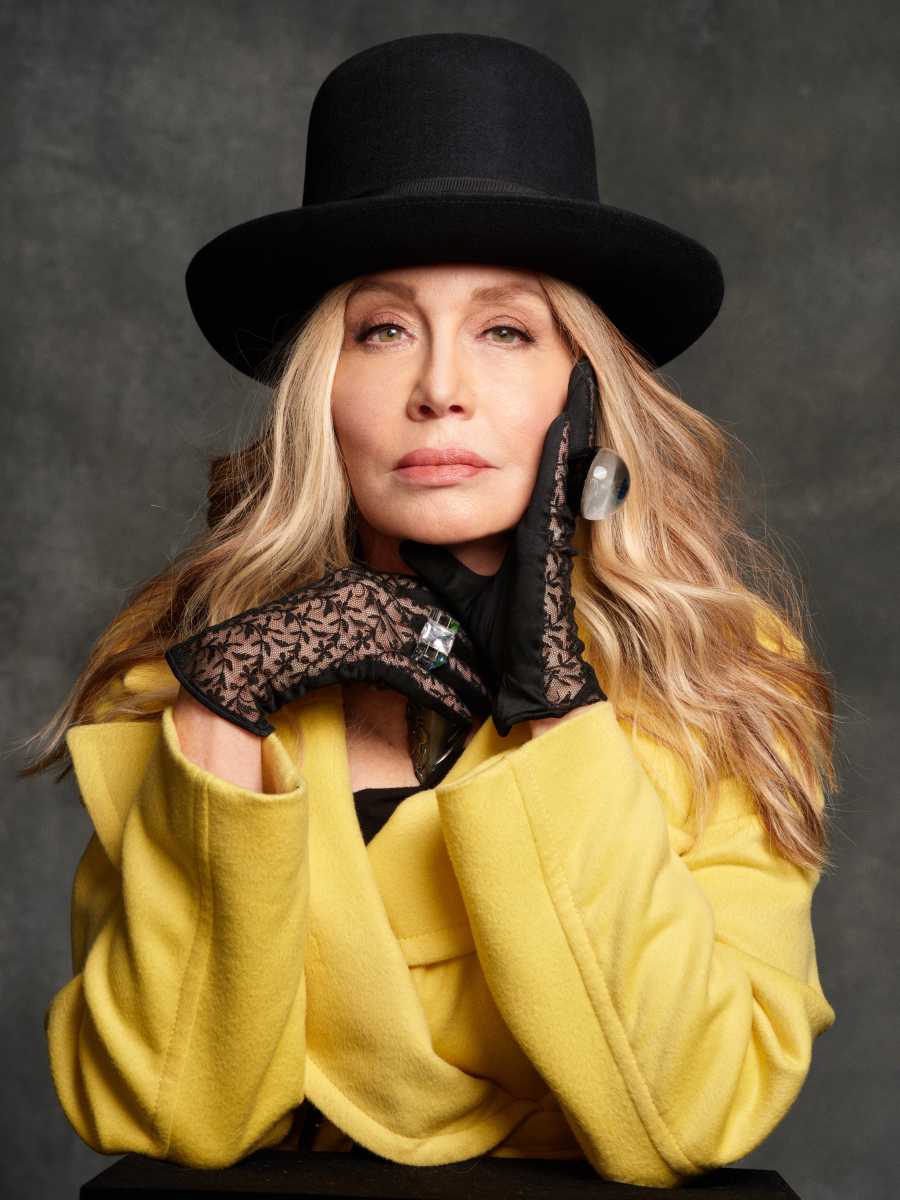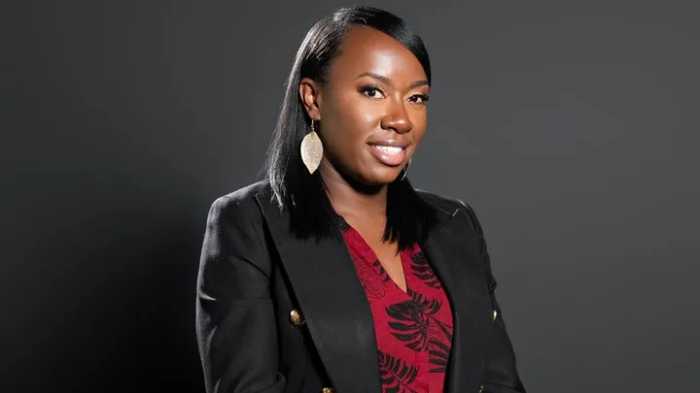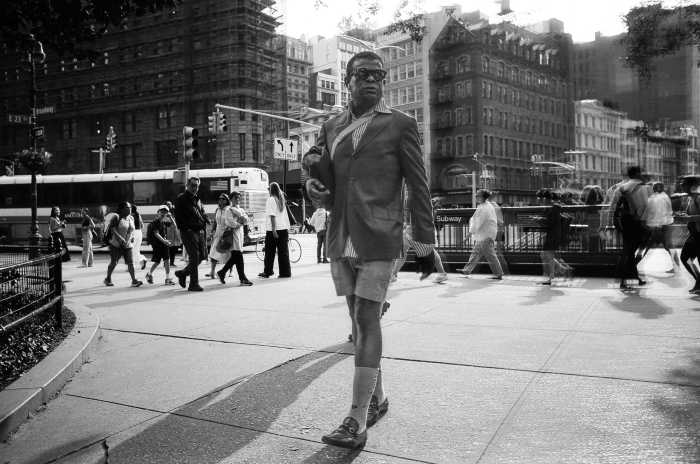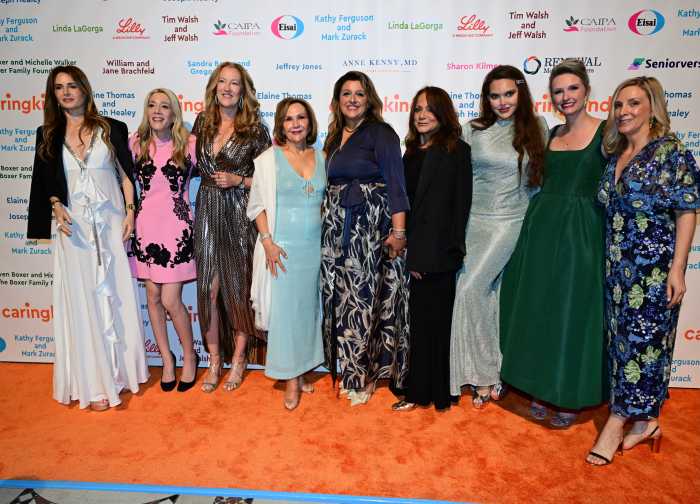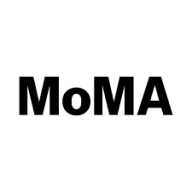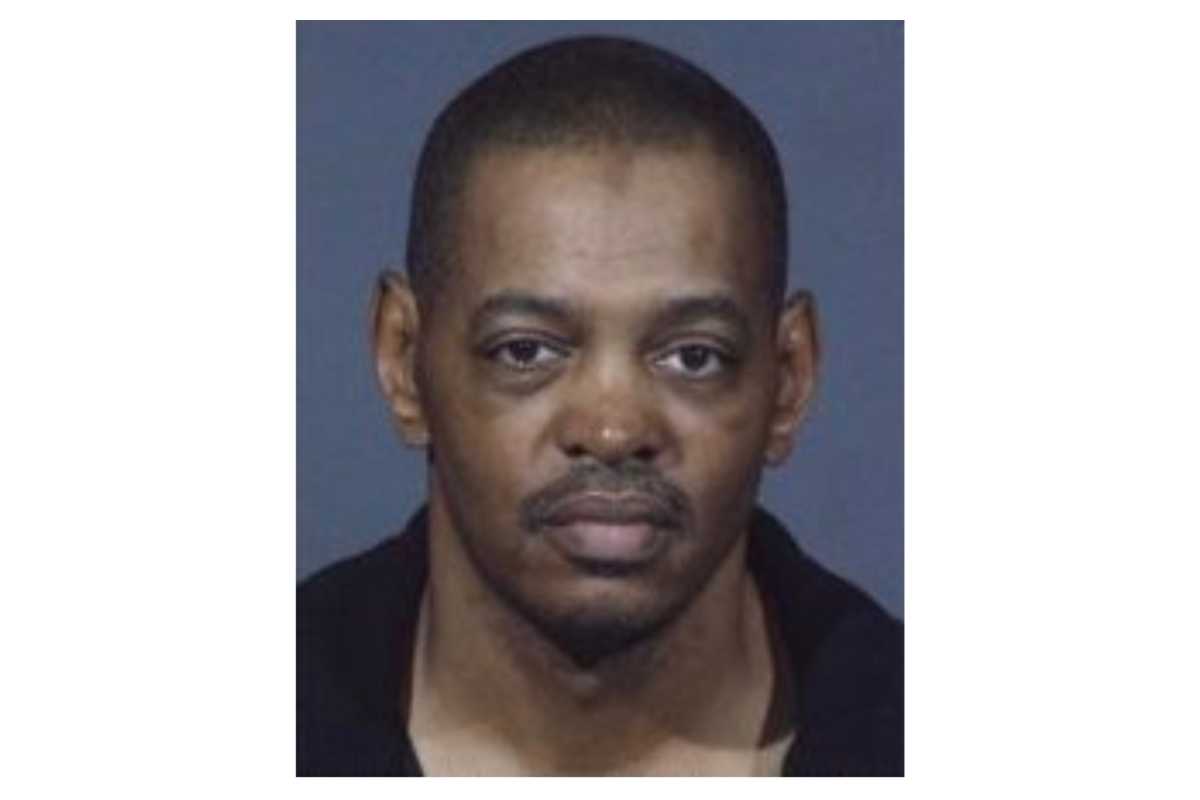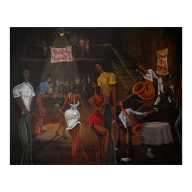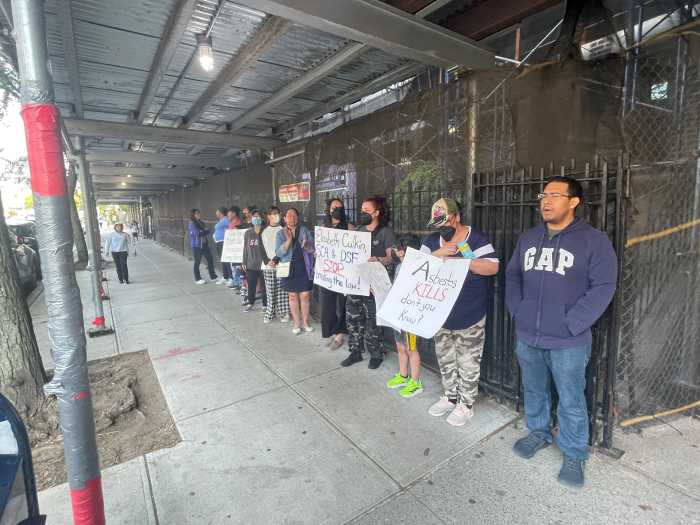BY TIMOTHY BOLGER
It’s easy to become disheartened upon reading news about the coronavirus pandemic, but for Southampton and New York City philanthropist Jean Shafiroff, it’s the most important motivation for staying positive, spearheading fundraising, and advocating for her causes.
The former Wall Street investment banker who’s a board member and charity gala organizer for an array of nonprofits, who has penned a book on benevolence, Successful Philanthropy: How to Make a Life by What You Give, is as charitable as ever, despite her fundraiser galas that she often organizes being on hiatus due to COVID-19’s social distancing mandates.
“I’ve switched gears a little and I’m doing a lot of advocacy work on television and radio for the charities because most of the charity events have been canceled,” she tells the Press. “And of course I cannot host large cocktail parties for 100 people for charity in my home, because everyone’s home and everyone’s social distancing … The actual physical gala does not exist right now and we don’t know when it will return.”
Like many not-for-profit fundraisers, across the region and beyond, most charitable events she’s involved with have been postponed to the fall or beyond; some have been canceled, while others are moving ahead virtually. In addition, she recently began hosting a show called Successful Philanthropy on LTV in the Hamptons.
Regardless of the format, what’s most important to Shafiroff is simply giving back. She serves on the boards of The Southampton Hospital Association, the New York Mission Society, the French Heritage Society, the Couture Council that runs the Fashion Institute of Technology’s museum, the Southampton Animal Shelter Foundation, and Global Strays, a nonprofit founded by her youngest daughter. She’s also an honorary trustee of the The Jewish Board, where she served as a board member for 28 years.
She is active in women’s issues and is an alumnus of the New York Women’s Foundation, where she remains active with the organization. Most recently, she was appointed as an ambassador for American Humane and its national spokesperson for its Feed the Hungry program, which aims to provide food for 1 million animals left homeless by the pandemic.
Shafiroff spoke with the Press about her work and why it’s important now more than ever.
This conversation has been edited for length and clarity.
How did your parents influence you? My dad was a schoolteacher. He would come home and always talk about the students and how important their progress was to him. My dad was involved in giving and it had an influence on us. And then my mother was very kind. I was fortunate to have two parents. My mother was a stay-at-home mother. She was originally an artist and when she became pregnant with me and we moved to Hicksville, she stopped working. My father and mother had strong family values and they believed in helping the underserved. Their concern for us and their concern for others left its mark on us.
What are some of your most vivid memories of growing up on Long Island? It was a great place to grow up. I had a supportive family and a good teacher situation. My dad never made me feel like, “Oh, you’re a girl, you have to do this or that or you’re not equal to a boy.” And I really appreciated that. My teachers as well. I had a strong education. I spent 12 years in Catholic school.
When did you decide to switch from a career on Wall Street to full-time philanthropy? My husband and I both worked very long hours. And while I was pregnant I realized that neither of us would ever spend any time with our daughter. So I gave up my career to be a stay-at-home mother. And gradually, I first got involved with my daughters’ school. I was class mother. I got involved in fundraising for the school’s annual campaign. Although I’m a Catholic, I got involved on the board of the American Jewish Committee. I gradually became involved with different charities.
Where do you see there to be the most need? We need to feed America. I think there’s a tremendous need for food at the food pantries. Americans have to help supply the food pantries. Also, the hospitals and the frontline workers are in need of help. We have to continue supporting all charities. No one can do everything. Collectively we can achieve great results. Americans are traditionally very giving. Charity and volunteerism are in our culture. But America needs healthy meals on the table and they need healthcare. Many of the hospitals did not have adequate supplies. They did not have enough respirators, masks, robes, and gloves for their workers.
Can you describe your best day while doing philanthropy? I’m on the board of New York City Mission Society and we serve the most underserved children in New York, meaning they live at or below the poverty level. And so the things I’ve found most rewarding is to see the children and observe how happy they are at the summer program. These children, there is no camp, there is only New York City, there is no place that they can go to. Every year we host a community dinner right before Thanksgiving, where we serve approximately 350 to 400 people in the community. The bond between the community and us is just incredibly rewarding.
How about the worst day? Now, to see all this suffering. The 30 million Americans out of work. To see all the people on the food pantry lines and the frustration of knowing that I’m one person, I can’t do everything. Recently my husband and I donated 10,000 meals to the Heart of The Hamptons. But this won’t solve the country’s problems. To see this human suffering, many nights I try to sleep and I can’t sleep. I’m very upset over what’s going on now. There’s a lot of help in our country, but what’s going on is catastrophic.
Do you have any favorite sayings? Einstein: “It’s every man’s obligation to put back into the world at least the equivalent of what he takes out.” That’s not mine but I like it.
Are there any misconceptions that people have about your work that you’d like to clarify? When you go out to a big gala and you are very dressed up people sometimes think, “Why are people so dressed up for a charity gala?” But by making the event glamorous and by having people get dressed up, people tend to want to go to the party, so more money is raised. And when more money is raised, then the charity prospers. If it helps bring in more money, then why not?
Are you planning a follow-up to your book? This book was written to inspire people and encourage people, not only to give monetarily but to volunteer. If you don’t have the money to give you can be a philanthropist just by donating your time and your knowledge. And then of course if you have resources, I believe you have an obligation to give back financially. I would like to write a followup to my book, but I just need to find the time. Right now I’m involved in a lot of different fundraising efforts and this takes a lot of time.
Is there anything I didn’t ask about that you’d like to add? I would like to encourage the readers to never feel that they don’t have anything to offer. Please don’t be afraid to get involved in the volunteer process. Each and every one of us has something good they can offer. And never feel if you’re donating that it isn’t enough. Give what you can. During times like this, never underestimate the value of compassion. We can pitch in a little bit and help out. A lot of people say, “What I can do isn’t going to amount to much.” But collectively it does amount to something. It amounts to a lot.
This story first appeared on longislandpress.com.




